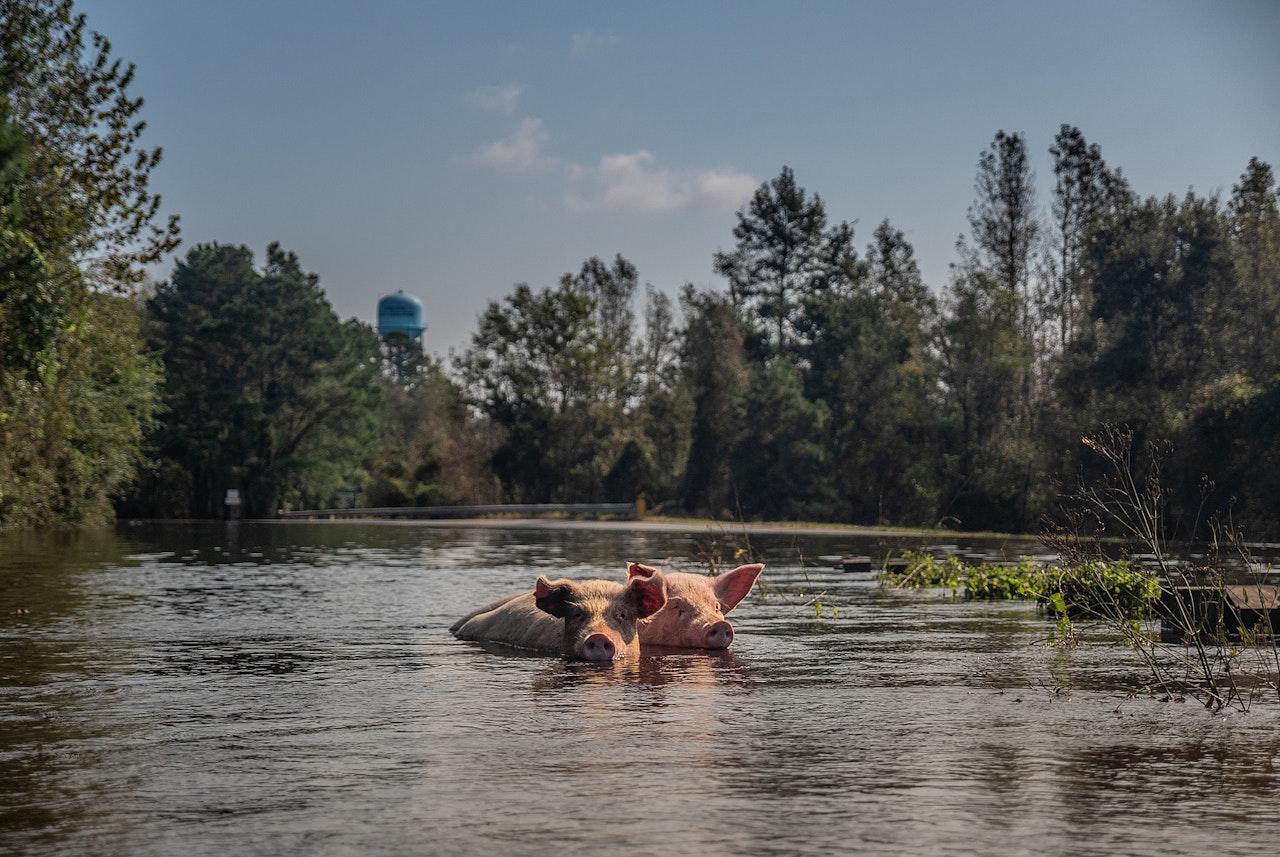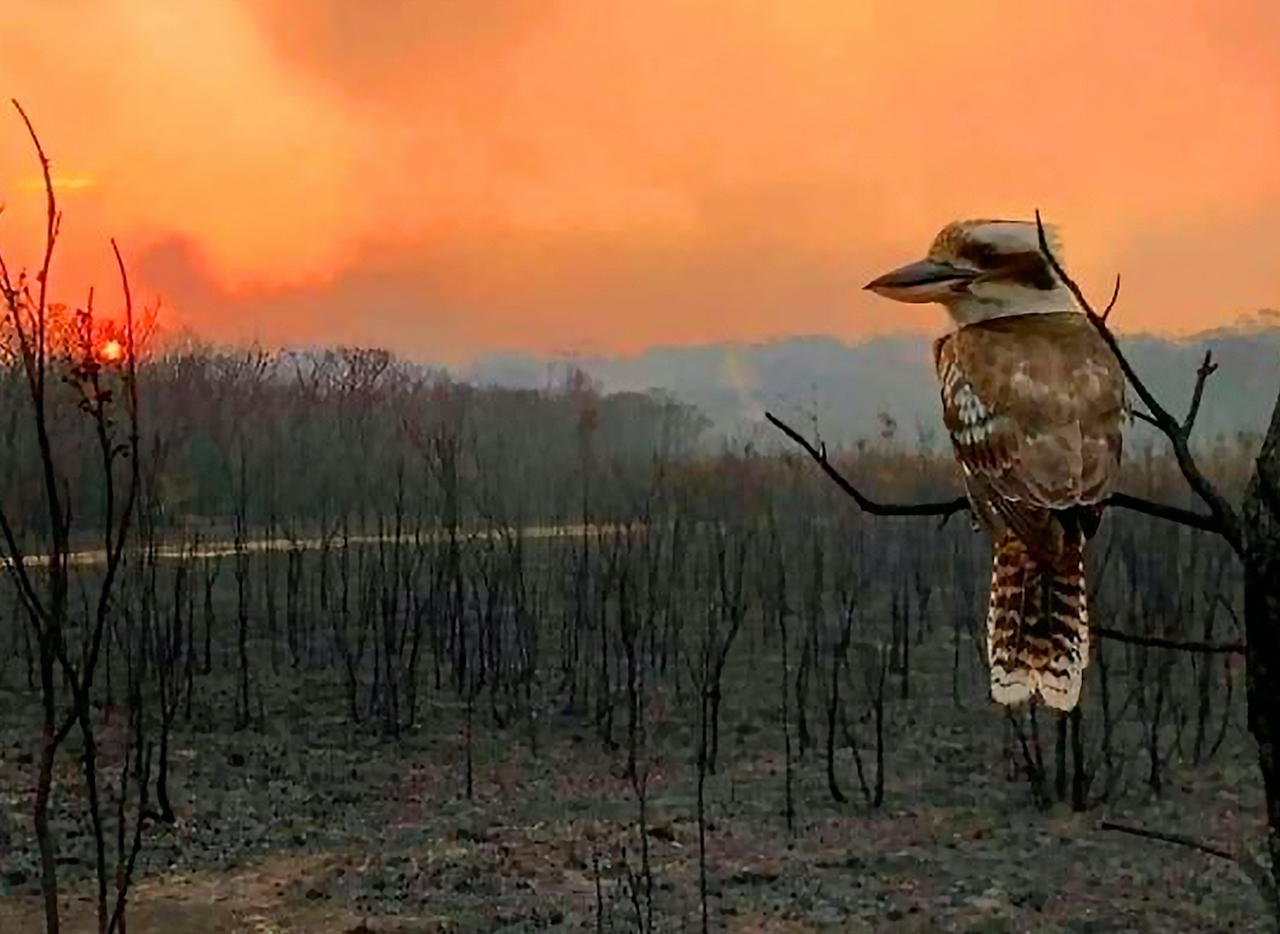
Dr Yvette Watt is a Senior Lecturer at the School of Creative Arts & Media, University of Tasmania. She was a founding member of the Australasian Animal Studies Association and is a current committee member of Minding Animals International. Yvette is the Lead Researcher of the URAS Animal Studies Research Theme Area, and the Chair of the UTAS Non-Traditional Outputs Audit Group.
Yvette’s artwork and academic research is heavily informed by her background as an activist, and reflects an interest in the relationship between how nonhuman animals are used and depicted in the visual arts and what this might have to say about how these animals are thought about and treated. Related to this is an interest in the role that art can play in engaging the viewer with social and/or political issues. Yvette has curated a number of exhibitions including Reconstructing the Animal for the 2011 Ten Days on the Island arts festival, and OktoLab19: A Gallery of Octopus Aesthetics.
Watt is a co-editor of and contributor to Considering Animals (Ashgate, 2011). Other publications include “Duck Lake: art meets activism in an anti-hide, anti-bloke, antidote to duck shooting.” In Animaladies, Fiona Probyn-Rapsey & Lori Gruen (2018), “Down on the Farm: Why do Artists Avoid Farm Animals as Subject Matter?”, in Meat Cultures, Potts (2016); ‘Animal Factories: Exposing Sites of Capture’, in Captured: Animals Within Culture, Boyd (2014)
Organisation Colleagues
Australasian Animal Studies Association (AASA) Online Conference
In this masterclass, Professor Danielle Celermajer, author of the critically acclaimed work Summertime: Reflections on a Vanishing Future (Penguin 2021), will explore creative non-fiction as an approach in making sense of more-than-human worlds. Participants will have an opportunity to read sections of Summertime, and also to workshop their own creative non-fiction writing or experiment with this form.
Are you new to animal studies research? Do you grapple with current theoretical debates – such as intersectionality and decolonial approaches? Do you wonder how and where to publish? If you would like to understand the basics of the publication process, from pitching an article idea to responding to peer review and get advice on what’s possible when working with non-traditional outputs – such as visual art and creative writing – join us at the master class: Tools for Animal Studies Research.
This interactive online event, presented by the Australasian Animal Studies Association (AASA), is aimed at higher degree and early career researchers interested in animal studies. You will have an opportunity to hear from scholars doing innovative work in the field and ask questions.


